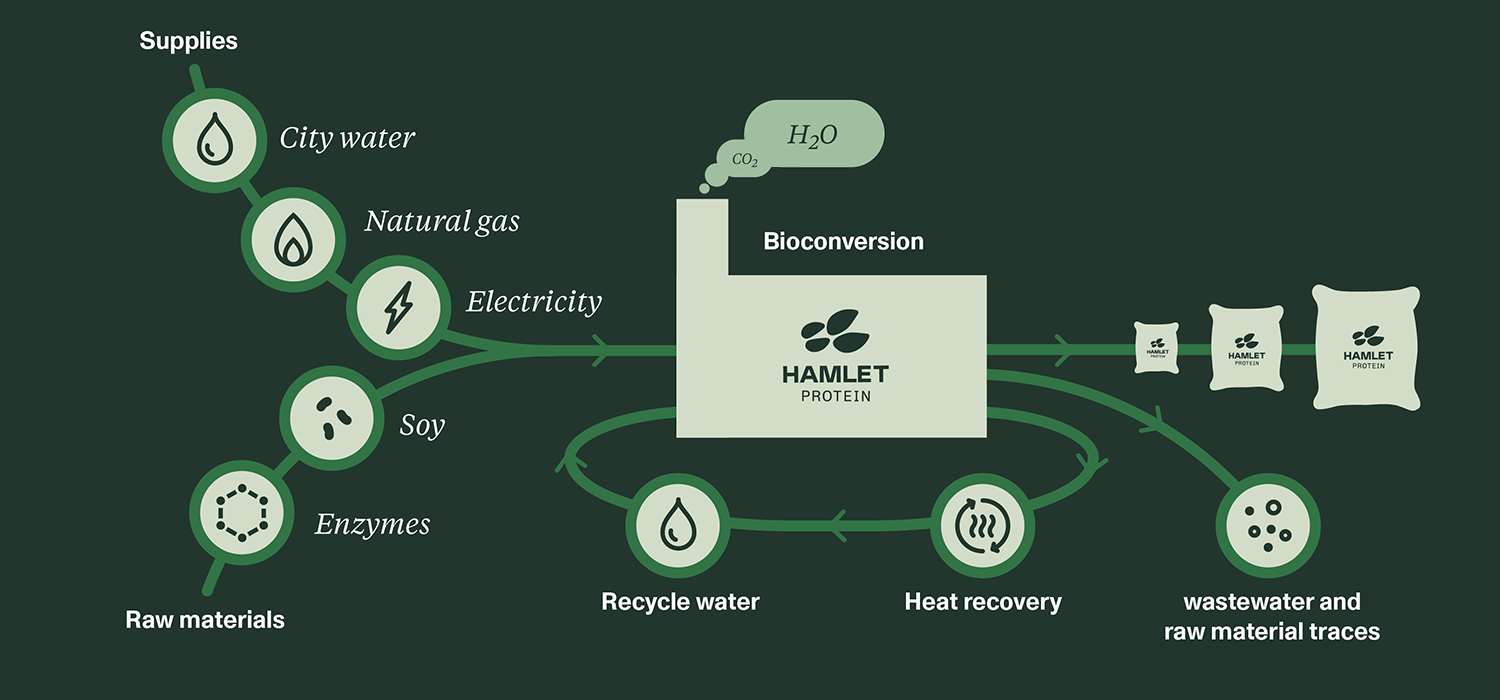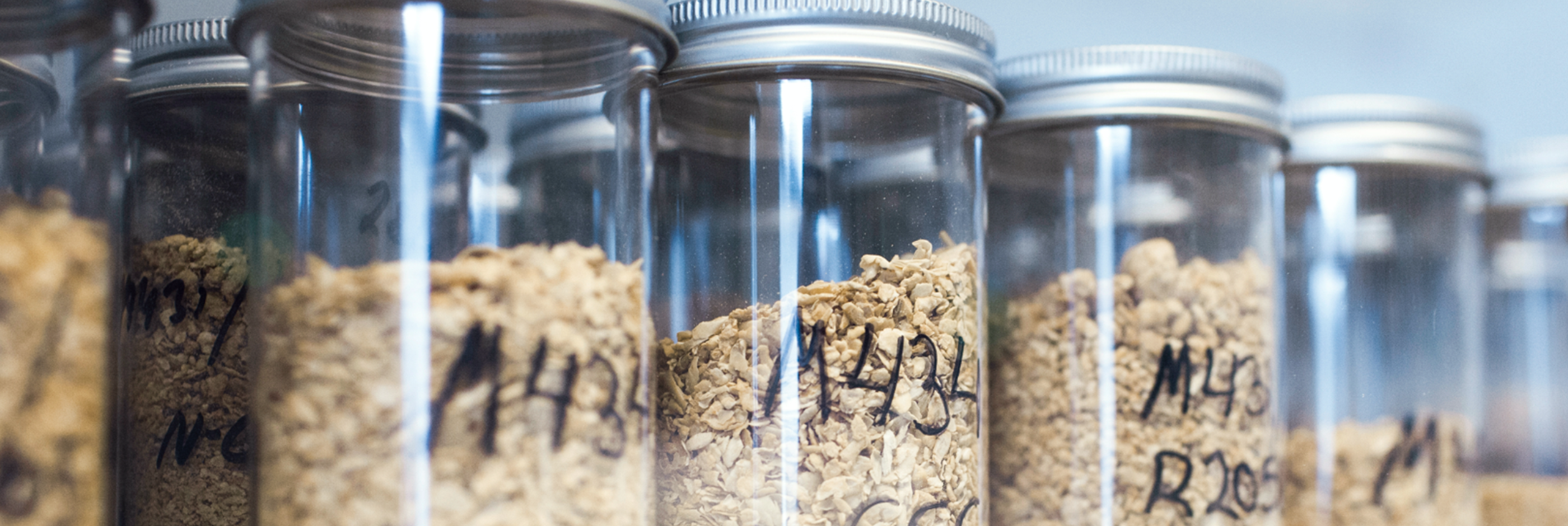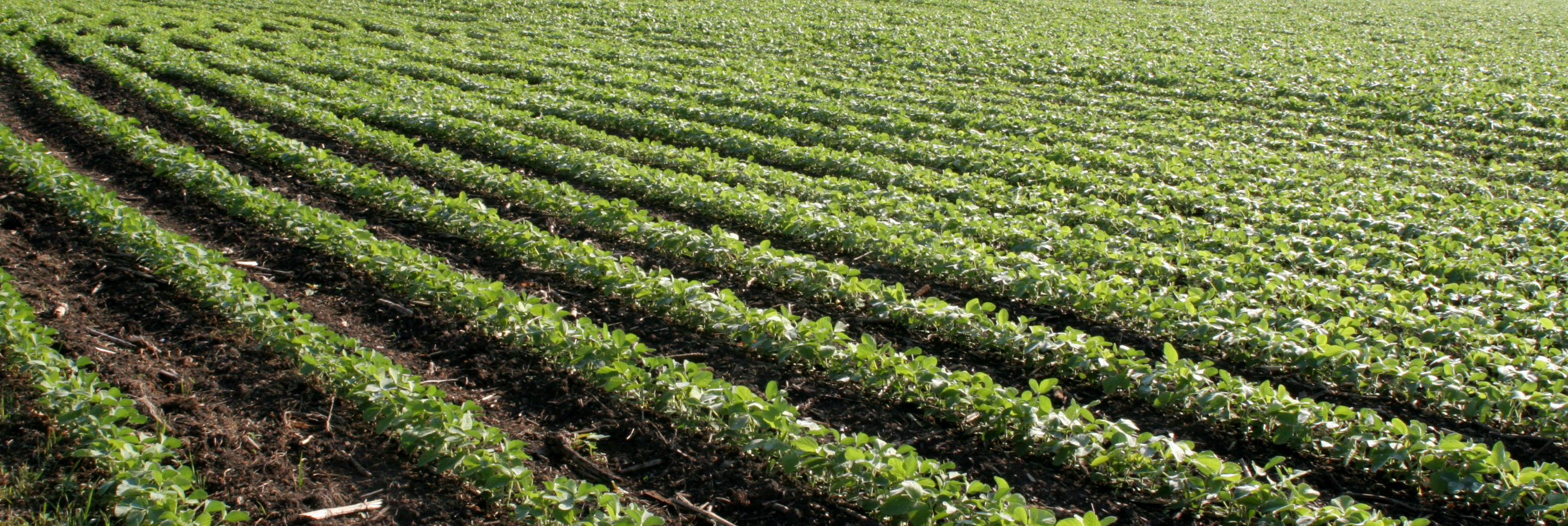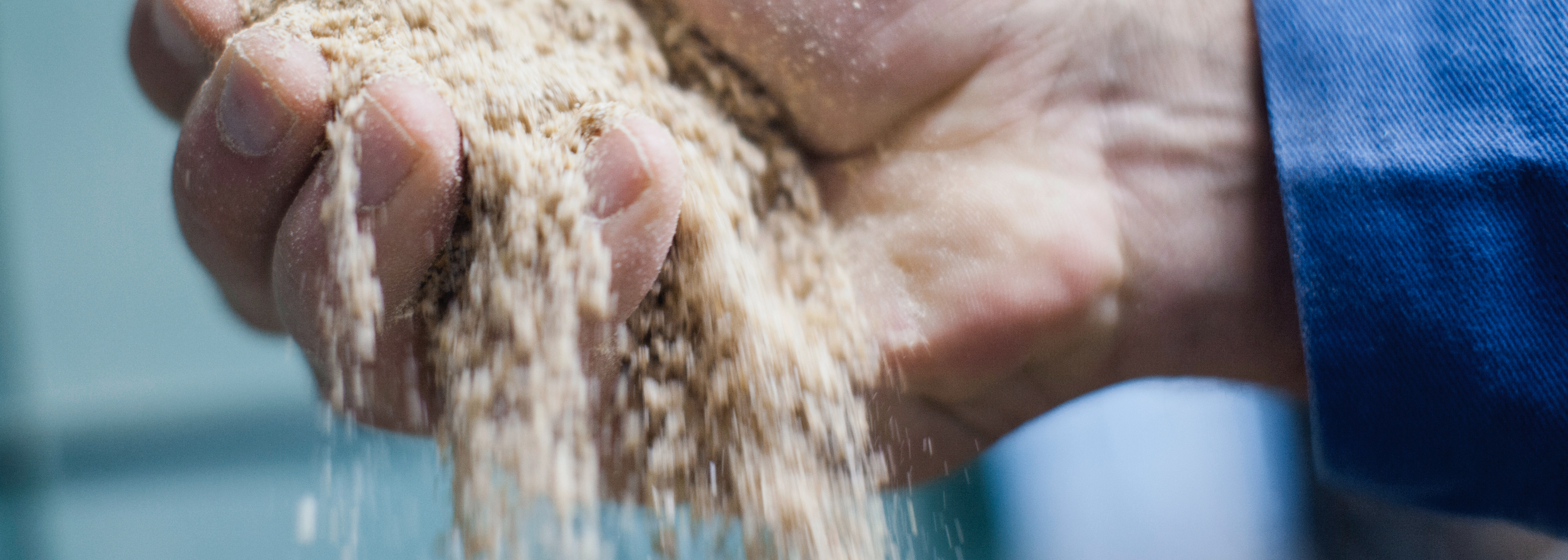A responsible value chain
As the world population continues to grow, the demand for safe feed and food increases. At the same time, we need to make responsible use of scarce resources, to protect our planet. Investing in new technologies and research, Hamlet Protein supports producers around the world to increase their productivity in a sustainable manner.
Soy is an important ingredient for Hamlet Protein and for our customers. We commit to sourcing responsible soy that does not contribute to deforestation or habitat conversion. We can certify the GMO soy or non-GMO soy in our production either via Round Table of Responsible Soy (RTRS) or via the Proterra certification for the non-GMO soy. Though a cooperation with industrywide organizations, suppliers, governments, Round Table on Responsible Soy (RTRS), The European Feed Manufacturers’ Federation (FEFAC) and National Oilseed Processors Association (NOPA) we continuously are focusing on increasing the transparency and sustainability of our key ingredient.
Reducing our carbon footprint forms part of Hamlet Protein’s sustainability program. We constantly invest in technology that allows us to reduce the use of energy. At the same time, we are redirecting waste energy from our Horsens plant to provide heating for more than 3,200 households in the region.

A low carbon footprint – right from the start
Our founder developed our patented bioconversion process more than 30 years ago. It’s still the backbone of our business – producing easily digestible, highly palatable soy proteins for animal feed. Since the beginning, we’ve focused on:
- Minimum water and energy consumption
- Minimum carbon emissions and maximum utilization of raw materials
- Today excess heat from our production is redistributed as heating for more than 3,200 households

We support full soy traceability
We source all our soybean meal from approved suppliers in North and South America this is how we ensure the quality of our raw material
Through our membership of the Roundtable on Responsible Soy, Danish Agriculture & Food Council and the Danish Initiative for Ethical Trade, we play an active role in protecting nature from destructive soybean farming
- For GMO SBM, we can offer RTRS-certification due to our round table membership
- For non-GMO SBM, we provide full supply chain traceability and deforestation-free sourcing via ProTerra
- Through FEFAC, we participate in the Danish initiative to secure full traceability of GMO SBM by 2025

Soy – a critical protein source for global needs
No other source of vegetable protein holds so many benefits for health and the environment
- Soy is a complete protein that contains all essential amino acids
- Soybeans have the world’s highest protein and oil yield per hectare of farmland. Their ability to absorb nitrogen from the air reduces the need for fertilizer
- They are also easy to store and distribute without compromising protein quality

Environmentally friendly packaging
We offer three packaging solutions, all optimized in terms of feed safety and environmental footprint.
- Bulk is the most environmentally friendly way of transporting our products
- Big bags are made of polypropylene (PP) which is recyclable, neutral to the groundwater when deposited in landfill and burns without generating toxic gases
- Paper bags are made of several layers of paper and a single polyethylene (PE) layer to secure high feed safety. All our bags will soon carry a recycling label
- We transport our paper bags on disposable pallets to optimize feed safety. Suppliers of pallets to our Danish plant only use FSC, PEFC and EMAS-certified wood. At our US plant, pallets are sourced locally in Ohio
